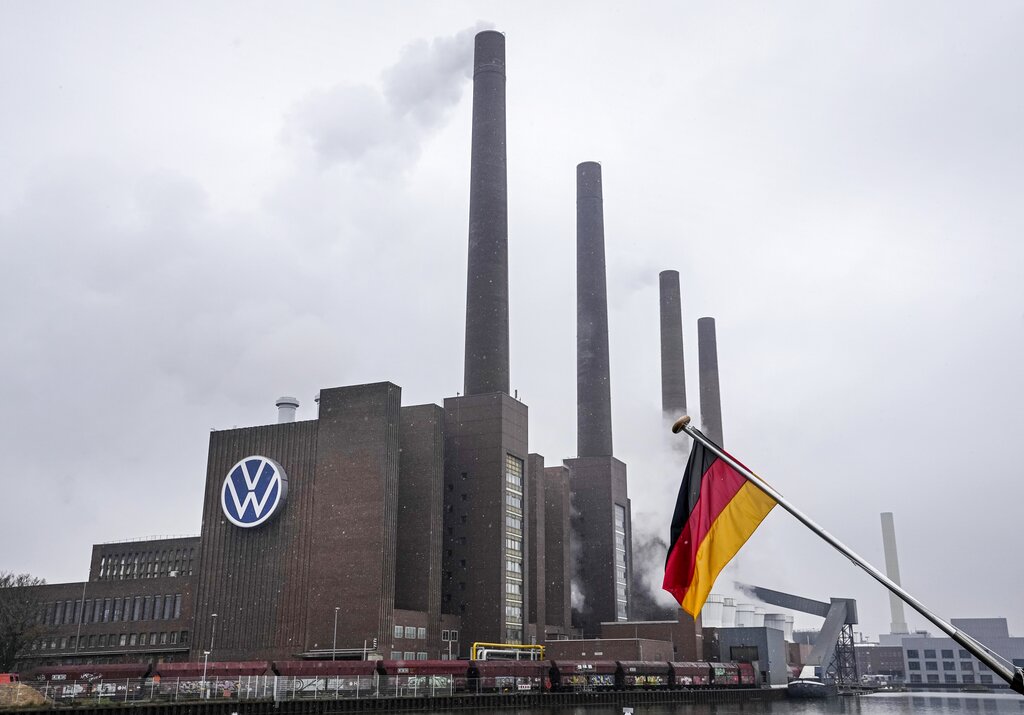Germany is on the verge of a recession this winter, as supply disruptions and a wave of new coronavirus cases have hit the economy, the latest forecast of the Munich-based economics research institute IFO shows.
Europe’s largest economy will shrink by 0.5 percent in the fourth quarter of this year compared to the third, and stagnate in the first three months of 2022, the forecast released on Dec. 14 shows. An economy is in recession when it contracts for two consecutive quarters.
“Current blockages in the supply chain and the fourth wave of the COVID-19 pandemic are significantly slowing the German economy,” said Timo Wollmershäuser, director of economic forecasting at the Ifo Institute for Economic Research. He added that “the strong post-pandemic recovery, which was initially expected for 2022, has not yet materialized.”
The Munich Institute estimates that the economy will start to grow only next summer, as the number of coronavirus infections decreases and blockages in supply chains begin to wane.
However, the slow start of next year will cost the German economy. Ifo has lowered its growth forecast for 2022 by 1.4 percentage points to 3.7 percent.
The Munich Institute also expects inflation to rise by 3.1 percent this year and by 3.3 percent in 2022, rates well above the European Central Bank’s target of 2 percent. At the same time, German economists do not expect consumer prices to return to normal by 2023.






